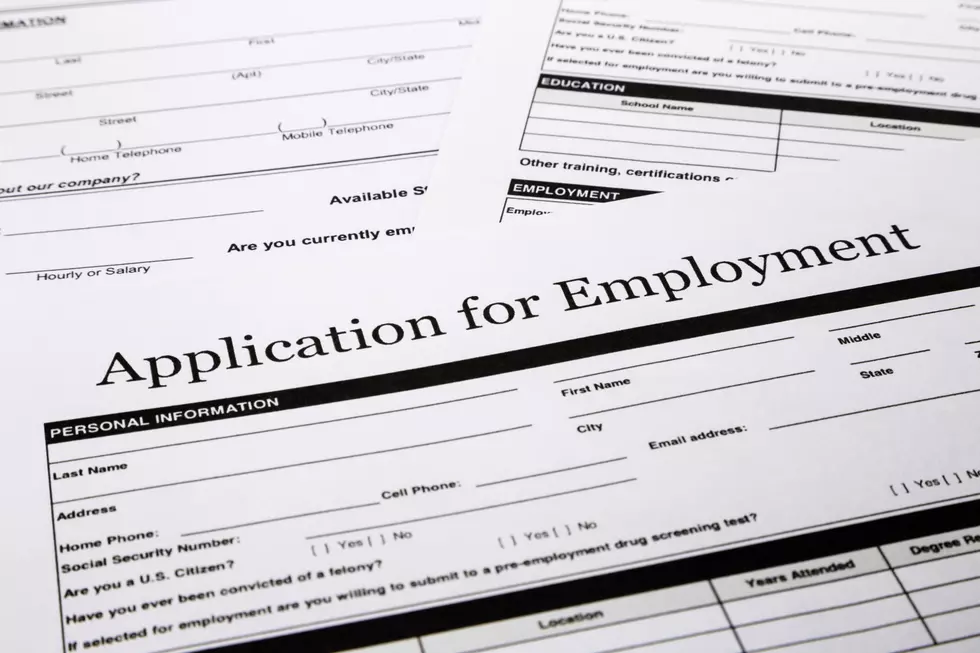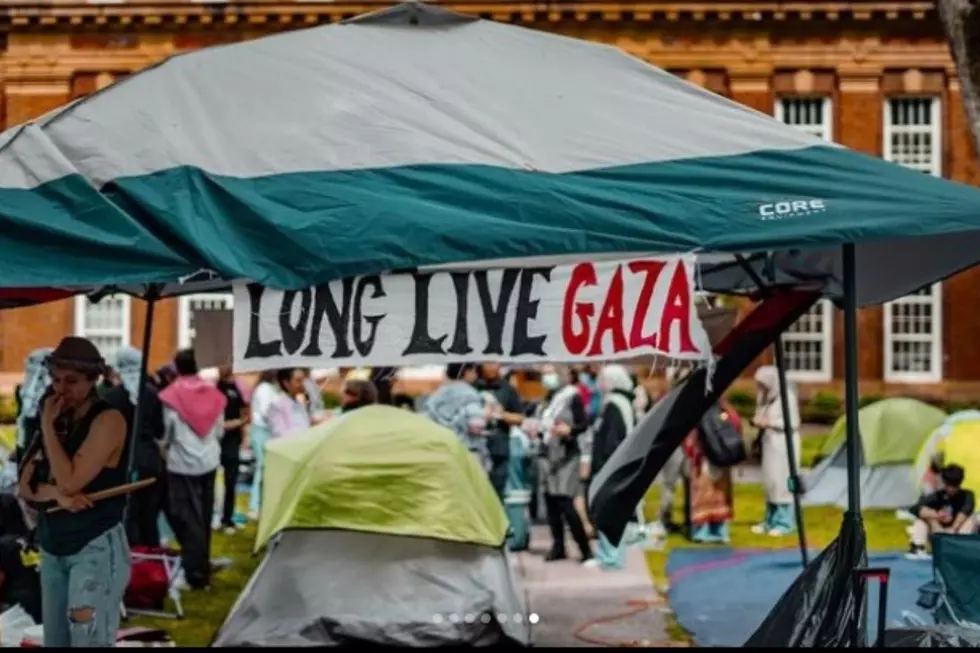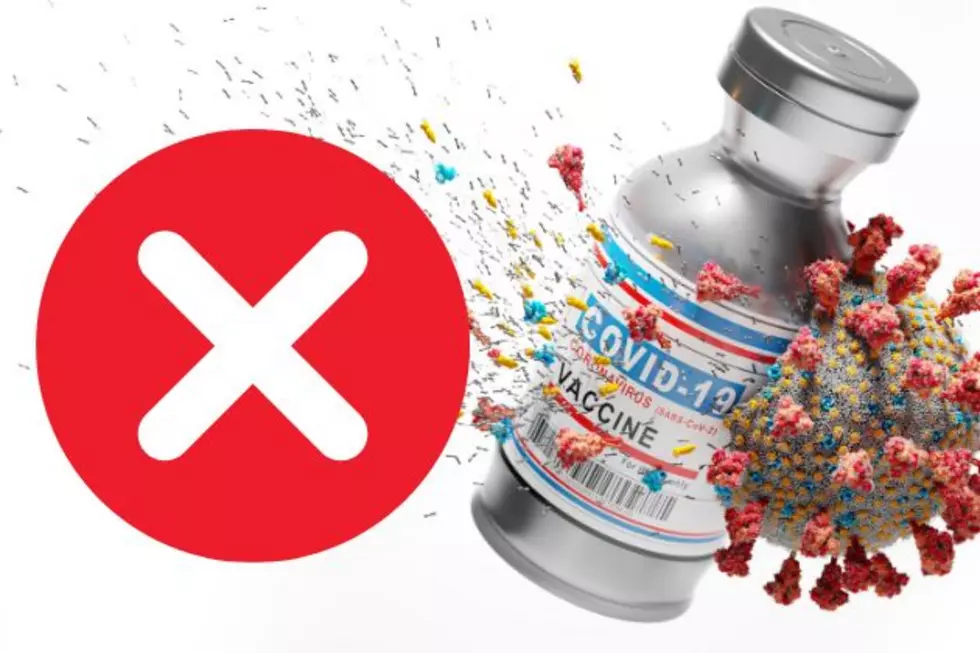
NJ post-COVID job recovery impressive, but starting to slow down
As recently as eight months ago, the economy both across the nation and here in New Jersey paralleled the story of Goldilocks and the Three Bears: low unemployment, strong job growth, little inflation. In other words, "just right."
But Rutgers University professor James Hughes said the COVID-19 pandemic quickly put an end to "Fantasyland," curbing talk of whether this would be the Roaring 2020s, and instead plunging the Garden State into unthinkable cutbacks.
"April was probably the worst single job loss month in the history both of the United States and of New Jersey," Hughes said.
By how much was it the worst? Hughes said from February 2010 to February 2020, the state added a steady 400,000 jobs. March and April's losses wiped out more than double the preceding decade's growth, with 830,000 recorded job losses.

Given all that has happened, New Jersey's recovery to this point has been remarkable, with about 55% of jobs that were lost recovered by the end of September, something "we would have never believed," according to Hughes.
It also paces ahead of the national recovery rate of just over 51%.
That's not to say there aren't dents in the armor, as Hughes said growth has decelerated each of the past three months across the country, and for the last two months in New Jersey.
Thursday's state unemployment report showed more than 28,000 people sought jobless benefits for the week ending Oct. 17, down slightly from the previous week.
Still, some business reopenings are delayed, with other businesses not reopening at all, declaring bankruptcy or, using the airline industry as an example, absorbing permanent layoffs.
"It suggests that the rehiring of those workers that were furloughed or laid off has just about run its course," Hughes said, "the possibility of getting back to where we were in terms of total jobs, possibly at the end of 2021, but more likely 2022."
In a Rutgers report co-authored by Hughes, detailing what he calls the "Zoom and gloom" effect of pandemic job losses, the slowing pace of recovery is being influenced by which business sectors can adapt to alternative or work-from-home environments, and which ones can't.
Much of that depends on New Jersey's interconnectedness with New York City, where many New Jersey residents work, but which was hit earliest and hardest by the virus.
"Those that figure it out first are going to do very well," Hughes said. "Those that are lagging behind are going to pay the price."
Most of all, Hughes said keeping proper perspective is key. He said it took New Jersey 51 months, more than four years, to make back half of the jobs lost during the 2007-2009 recession. So the Garden State's bounceback has been comparatively speedy — it's just not nearly over yet.
READ MORE: New Jersey's Cutest Pets of 2020
More From WPG Talk Radio 95.5 FM










